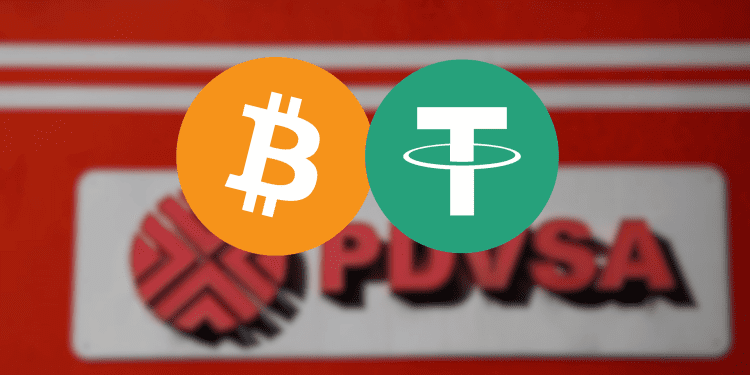- Venezuela’s state-run oil company PDVSA plans to increase digital currency usage in its crude and fuel exports as the U.S. reimposes oil sanctions on the country
- PDVSA is moving oil sales to USDT, a digital currency pegged to the U.S. dollar, to reduce the risk of sale proceeds getting frozen due to sanctions
- PDVSA is requiring new customers to hold cryptocurrency in digital wallets and is enforcing USDT payments even in old contracts that did not specify digital currencies
Venezuela’s state-run oil company PDVSA plans to increase its use of digital currencies to sell crude oil and fuel exports as the United States reimposes sanctions on the country’s petroleum industry. This move aims to reduce the risk of oil sale proceeds being frozen when paid into foreign bank accounts.
U.S. Ends Key Sanctions Exemption
The U.S. Treasury Department last week declined to renew a general license that had allowed PDVSA’s customers and service providers to continue transactions until May 31. The Treasury cited a lack of progress on electoral reforms in Venezuela.
Without the license, it will become much harder for Venezuela to increase oil production and exports. Companies will need to obtain individual authorizations from Washington before doing business with PDVSA.
Cryptocurrency Use Expands
Since last year, PDVSA has slowly shifted some oil sales into Tether (USDT) – a “stablecoin” cryptocurrency whose value is pegged to the U.S. dollar.
The return of U.S. oil sanctions on Venezuela is accelerating PDVSA’s move into cryptocurrency payments.
“We have different currencies, according to what is stated in contracts,” said Venezuelan oil minister Pedro Tellechea last week. He added that digital currencies may become the preferred payment method for some oil deals.
New Contracts Demand Cryptocurrency
By the end of Q1 2024, PDVSA had moved many spot oil contracts into a new model requiring prepayment of half the cargo value in USDT.
The company now requires any new customer seeking to buy Venezuelan oil to hold cryptocurrency in a digital wallet. This rule has been applied even to some old contracts that do not specify USDT as the currency.
When the U.S. Treasury last October granted a temporary license for Venezuela oil trading, most companies turned to middlemen to handle the cryptocurrency payments demanded by PDVSA.
“USDT transactions, as PDVSA is demanding them to be, don’t pass any trader’s compliance department,” said one oil trader. “So the only way to make it work is working with an intermediary.”
Reliance on Middlemen Set to Grow
By relying more on intermediaries for oil transactions, PDVSA may be able to avoid sanctions. But it means the company will receive a smaller share of proceeds from its oil exports.
Venezuela’s oil minister said last week that the country will keep signing new oil contracts and project expansions during the 45-day wind-down period mandated by the U.S. After that, PDVSA will urge clients to apply for specific sanctions exemptions.
Even so, oil analysts forecast that Venezuela’s oil output, exports and revenue will soon hit a plateau – even if Washington promptly grants individual authorizations.














